Jai's Parent Coaching Blog
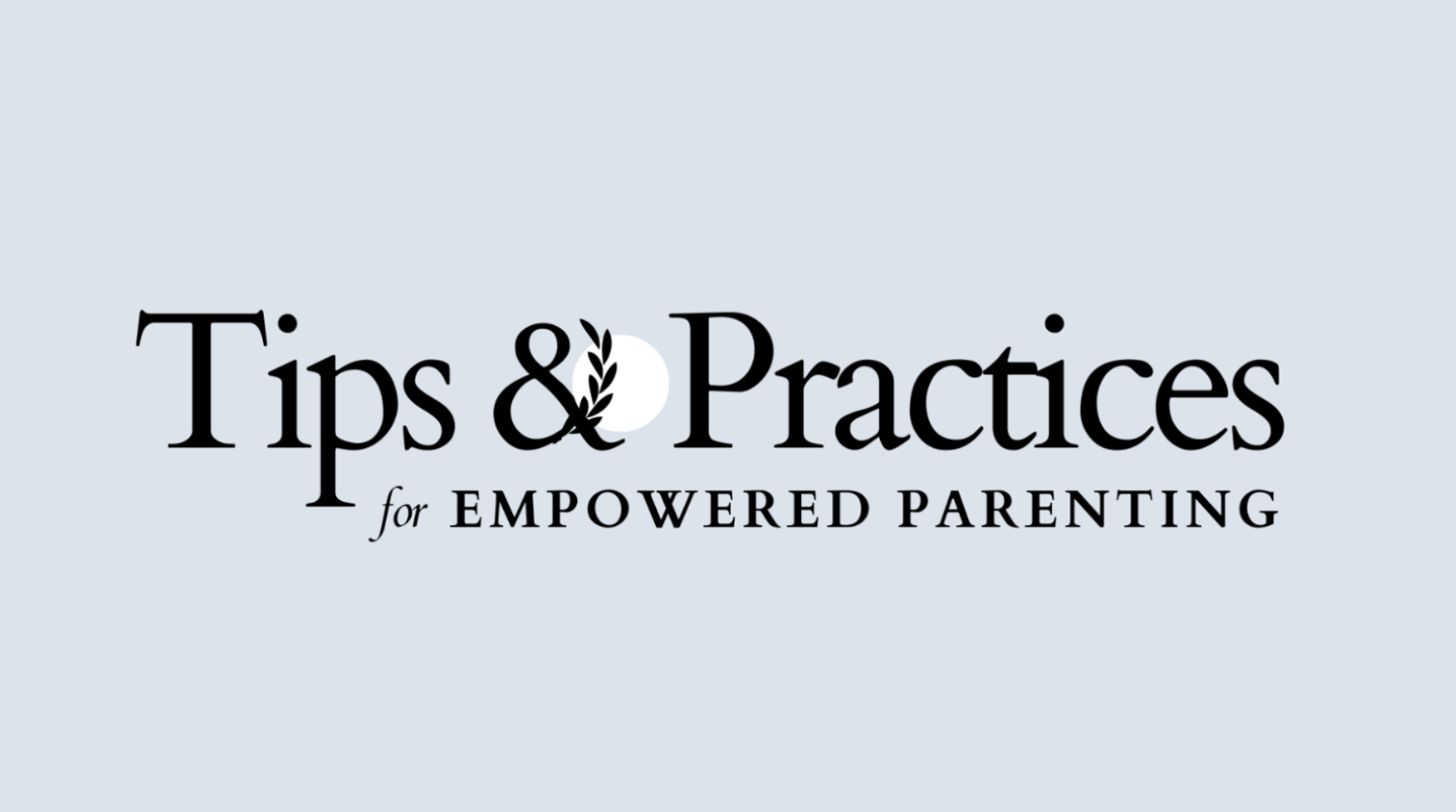
Wanna know our secret sauce? Children don’t thrive without structure. They need boundaries, consistency, and leadership. But behavior doesn’t shift simply because those things are enforced more firmly. It shifts when children feel safe inside the relationship where that guidance is coming from. Most of us were raised in systems that prioritized correction over connection, and compliance over confidence. So when things feel hard at home, the instinct is often to tighten control or try harder strategies, or abandon ship and collapse our leadership. Real change almost always starts somewhere else. It starts when a child feels safe , valued, and fundamentally okay in the eyes of the adults guiding them.
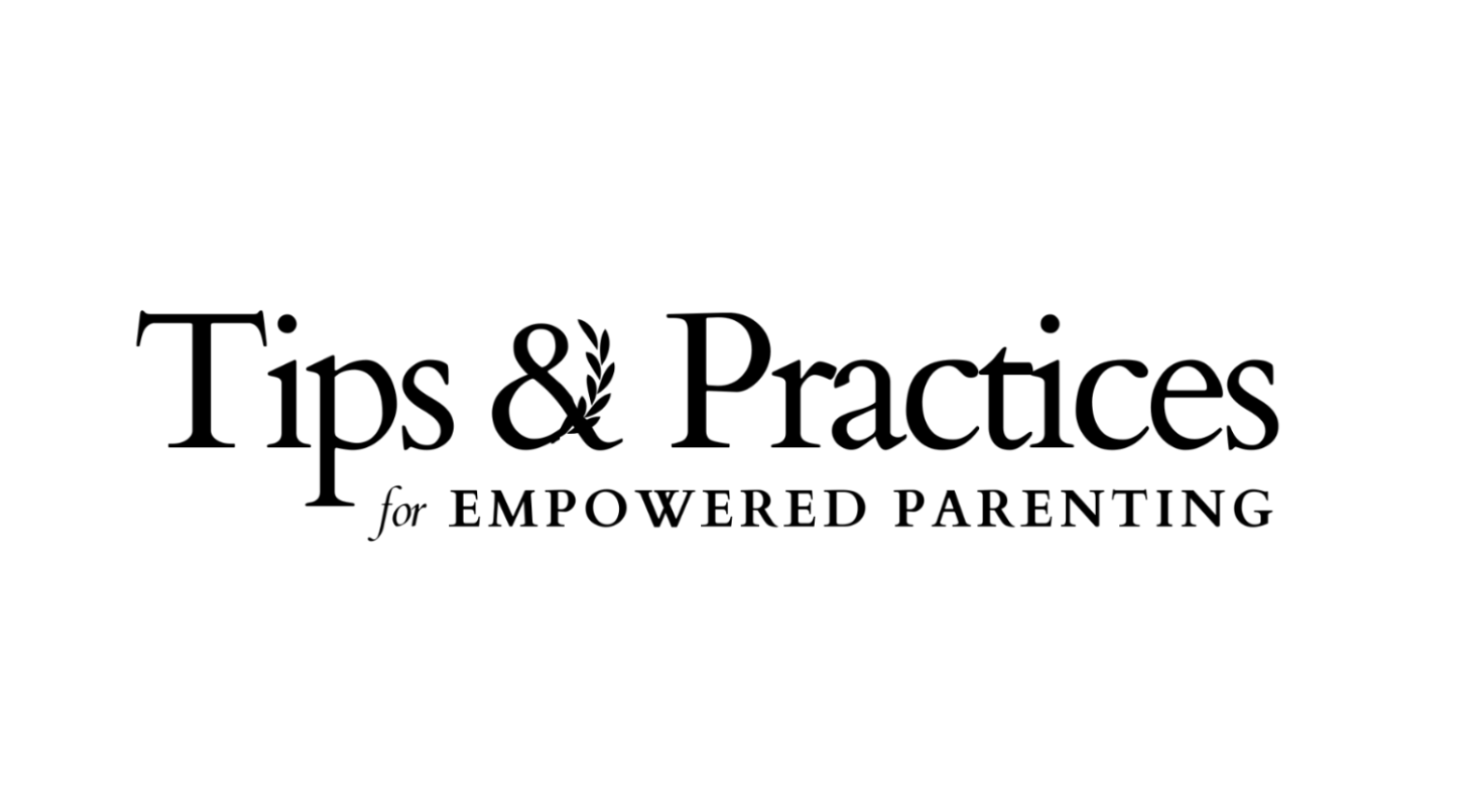
One of the hardest moments in parenting is watching our child be unhappy and realizing we can’t fix it. The tears, the frustration, the disappointment… they pull on every instinct we have to soothe, distract, or make it stop. But what if those moments aren’t a problem to solve; they’re a capacity to build? At Jai, we teach that children don’t grow through constant happiness. They grow through feeling met in the full range of their emotional experience, especially the uncomfortable parts.

There’s a quiet pressure many parents live under: The belief that being a good parent means being endlessly available, patient, and self-sacrificing. That if we just try harder, push through, or ignore our own needs a little longer, we’ll show up better for our kids. But parenting doesn’t actually work that way. When your nervous system is depleted, even the most loving intentions collapse under stress. What looks like “not enough patience” or “too much reactivity” is often a sign of exhaustion: emotional, physical, or relational. And no amount of willpower can override that for very long.

As we step into a new year, there’s often a quiet pressure to start fresh . To be more patient, more consistent, more intentional. But here’s something I want you to hold gently: Parenting transformation doesn’t begin with doing more things. It begins with seeing things differently. When we begin to see behavior as communication, rather than defiance, incompetence, or disrespect, we can become our child’s advocate, mentor, and guide. When children feel unsure of their place, unsure of their competence, unsure of whether they truly matter, behavior becomes the language of that uncertainty. And no amount of consequences, lectures, or sticker charts can reach a child who doesn’t feel seen as capable and included. The work of conscious parenting begins here. Not with control, but with belonging .

Most parenting challenges aren’t actually about what we say or which strategy we choose. They’re about the state we’re in when we show up. We can memorize scripts, read every book, and follow every “gentle parenting” guideline and still find ourselves snapping, shutting down, or spiraling when things get hard. That’s not a personal failure. It’s physiology. Parenting asks something deeper of us than information ever could. It asks us to lead from the inside out.

Most parents talk a lot . We explain. We correct. We try to help our children “see the bigger picture.” And it usually comes from love. But often, what a child actually needs in those moments isn’t more words—it’s more presence. Listening sounds easy. In real life, it can be one of the most challenging practices in parenting, especially when emotions are high and your own nervous system is activated.Most parents talk a lot. We explain. We correct. We try to help our children “see the bigger picture.” And it usually comes from love. But often, what a child actually needs in those moments isn’t more words—it’s more presence. Listening sounds easy. In real life, it can be one of the most challenging practices in parenting, especially when emotions are high and your own nervous system is activated.

Most of us were raised to believe that good parenting looks like fixing. Answering quickly. Smoothing things over. Offering the “right” solution before the feelings get too big. And it makes sense. When our children struggle, our nervous system wants relief, like… yesterday. So we reach for advice, logic, or reassurance, hoping it will make the discomfort disappear. But here’s the quieter truth we see again and again in our work at Jai: Growth doesn’t come from being rescued. It comes from being accompanied. When a child wrestles with a problem, whether it’s social, emotional, or internal, they’re not failing. They’re practicing. They’re learning: How to tolerate frustration How to hear their own inner voice How to trust themselves under pressure What they need most in those moments isn’t a plan. It is presence.

Most of us were raised in a world that measured children by who they would one day become. “When you grow up…” “If you want to be successful…” “Someday you’ll thank me for this…” The message underneath was clear: Who you are now is not enough. So it makes sense that today’s parents, even the deeply intentional ones, can sometimes slip into that old lens without realizing it. We rush developmental milestones. We correct behavior to avoid future problems. We parent with an eye toward “outcomes.” And yet… Every child is already a full human being, not a future project. Their emotions matter now. Their perspective matters now. Their needs matter now. When parents shift from “Who will my child become?” to “Who is my child right now?”... Everything softens. Pressure drops. Curiosity rises. Connection strengthens. And behavior often begins to shift naturally, because the child is finally seen. This is the heart of conscious, nervous-system-informed parenting: Supporting the human in front of you, not just the adult they will eventually grow into.

It’s not a great feeling… That quiet ache when you hear yourself say something your parents once said to you… that felt awful for you as a child. Or when you see your child’s face fall, and it reminds you of a moment you remember all too well. Sometimes, the hardest part of parenting isn’t managing our children. It’s meeting the younger version of ourselves that still lives inside us. You want to do better, to parent differently. But “different” doesn’t always come naturally when your nervous system was shaped by what you’re trying to unlearn.

Maybe you’ve been here before… Your child hesitates before showing you a drawing. They look up, searching your face. “Do you like it?” they ask. You smile, of course! “It’s beautiful!” But then you might notice how their eyes stay on you a little too long, waiting for something more than praise. In that tiny moment, you can feel it: they’re checking to see if they’ve earned your approval. We all want our children to feel proud, to do well, to care about how their actions affect others. But when love becomes something they have to work for, through achievement, behavior, or compliance, the foundation of safety begins to wobble.

It happens so quickly… Your child bursts into tears. You don’t even know why. Maybe they stubbed a toe, or a sibling said something mean. You hear the sobs and feel your body tense. You rush in. “What’s wrong?” you ask… maybe a little too urgently. Your child cries harder. Maybe they turn away or can’t find the words at all. We have the best intentions when we jump in. We want to understand, to help, to make it better. But in our rush to fix, we sometimes miss what they might need most in that moment… To feel seen. To feel safe.

What if we didn’t need the perfect solution in a hard parenting moment… and instead offered our eyes? When our kids are having a hard time, it’s natural to want to jump in and fix, correct, or teach. We reach for tools. We reach for words. We try to make it better. But in their most dysregulated moments, our kids may not be able to hear our words at all. What they need most is our presence. Our calm. Our eyes... A warm, soft, loving gaze can say: “You’re safe.” “I still see the good in you.” “We’ll get through this together.” Sometimes, our eyes speak more clearly than our words ever could.

Here’s a question to sit with this week: How much of your life do you welcome, and how much do you resist? So much of our suffering comes from fighting what is. When life feels out of control, we tighten, fix, and try to change it. But what if transformation begins not in resistance, but in acceptance? Not the kind that says “fine!” with crossed arms… But the kind that can softly acknowledge: “This isn’t how I wanted it to be.” That honesty can feel tender, especially if we were never taught how to feel our feelings. Yet naming what’s real is often the quickest way through the pain and toward clarity. Because when we act from “this shouldn’t be happening,” we react. When we meet the moment as it is, we respond from wisdom, not fear. And what does that have to do with parenting? Everything. Because we’re not just raising children. We’re teaching them how to be human.

What if even your hardest patterns held hidden strengths? When parents begin exploring attachment, many are surprised to discover that they fall somewhere on the spectrum of insecure attachment, even when they believed they had a “perfect childhood” with “great parents.” The most common insecure attachment styles include: Avoidant Anxious or Ambivalent Disorganized (a combination of avoidant and anxious tendencies) It’s a story we hear often in parent coaching: A client comes in thinking they’re securely attached, only to uncover deeper layers of relational patterning shaped by unmet needs, emotional inconsistency, or the absence of safety. And that realization can bring up grief, defensiveness, or guilt. Because it’s vulnerable to admit that our childhoods were less than ideal, and even harder to hold that truth without blaming the parents who raised us. But here’s what’s also true: All parents are doing the best they can with what they have. And sometimes, that wasn’t enough. The invitation isn’t to diagnose or shame ourselves, but to see the brilliance in our adaptation. Insecure attachment doesn’t mean we’re broken. It means we adapted to survive. Our nervous systems found ways to seek safety, love, and connection, even in less-than-ideal environments. And these adaptations? They come with hidden superpowers.

We all want our kids to grow into independent, thoughtful, and resilient people. We want them to find their voice, trust themselves, and contribute to the world around them. But the path to independence isn't always clear. Our kids need us, biologically and emotionally. They need connection, co-regulation, protection, and attunement. They need to know we’ll be there when things get hard. But if we push them toward independence too quickly, they may internalize the message: “I shouldn’t need anyone.” They learn to armor up. To go it alone. To disconnect. And if we hold on too tightly, never letting them stretch or stumble, they may struggle to trust themselves. They may feel safest only when we're near, unsure how to make decisions or self-soothe without our lead. It’s a delicate balance: How do we stay connected and empower them to stand on their own? It begins with trust. Trusting in their capacity to learn. Trusting in our presence when they fall. And trusting that the goal isn’t to shape them into who we want them to be, but to support them in becoming more of who they already are.

Picture this: you’re at the playground. Your child suddenly throws sand in another child’s face. The other child cries. Your friend looks worried. And you freeze. Conflict everywhere: – Between the kids. – Between you and your friend. – Between your values and your panic. You tell yourself you need to get it right, and fast. Discipline your child, protect your friend’s kid, and show the strangers around you that you’ve got this. No wonder it feels overwhelming. In our rush to fix things, we often move straight into damage control: Blaming. Apologizing too quickly. Skipping over the feelings altogether. But when we skip the feelings, we skip the wisdom too… for ourselves and our kids.
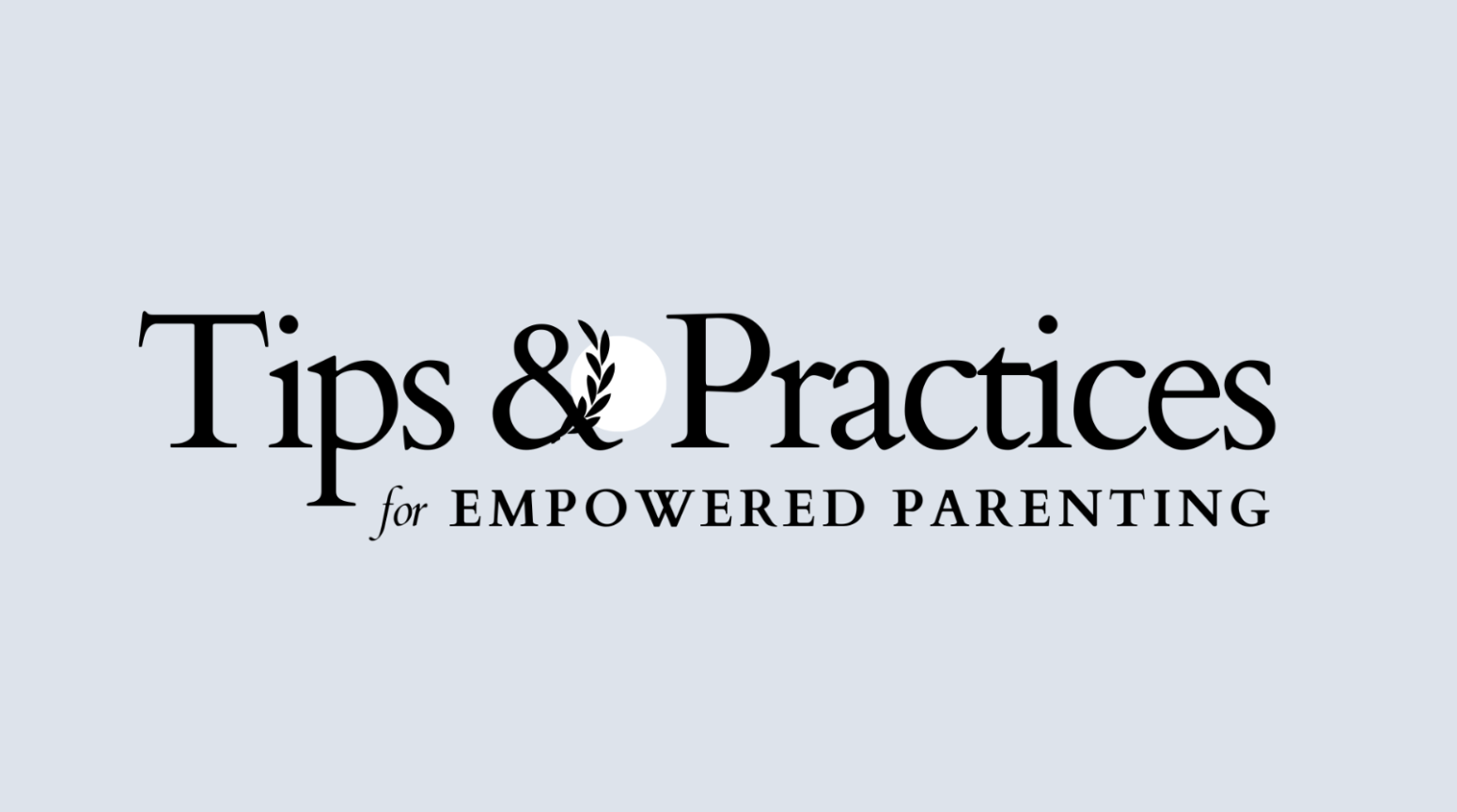
As parents, we spend so much energy trying to get it “just right.” The right rhythm. The right words. The right school. The perfect balance of freedom and structure. We tweak, research, and rearrange… hoping we’re building the best possible foundation. But what if it isn’t really about the package? What if what shapes our kids most isn’t what we offer, but how we hold it? How flexible we are when plans change. How honest we are when something isn’t working. How we show up, when we are messy, real, or still trying… with warmth and humility. This doesn’t mean making our children responsible for our struggles. It means letting them see that being human is allowed. That mistakes happen. That repair is possible. Good parenting isn’t about getting it all right. It’s about staying close. Even when things fall apart. Because what shapes our children most isn’t the perfect plan. It’s witnessing us hold life with honesty, self-forgiveness, and love.
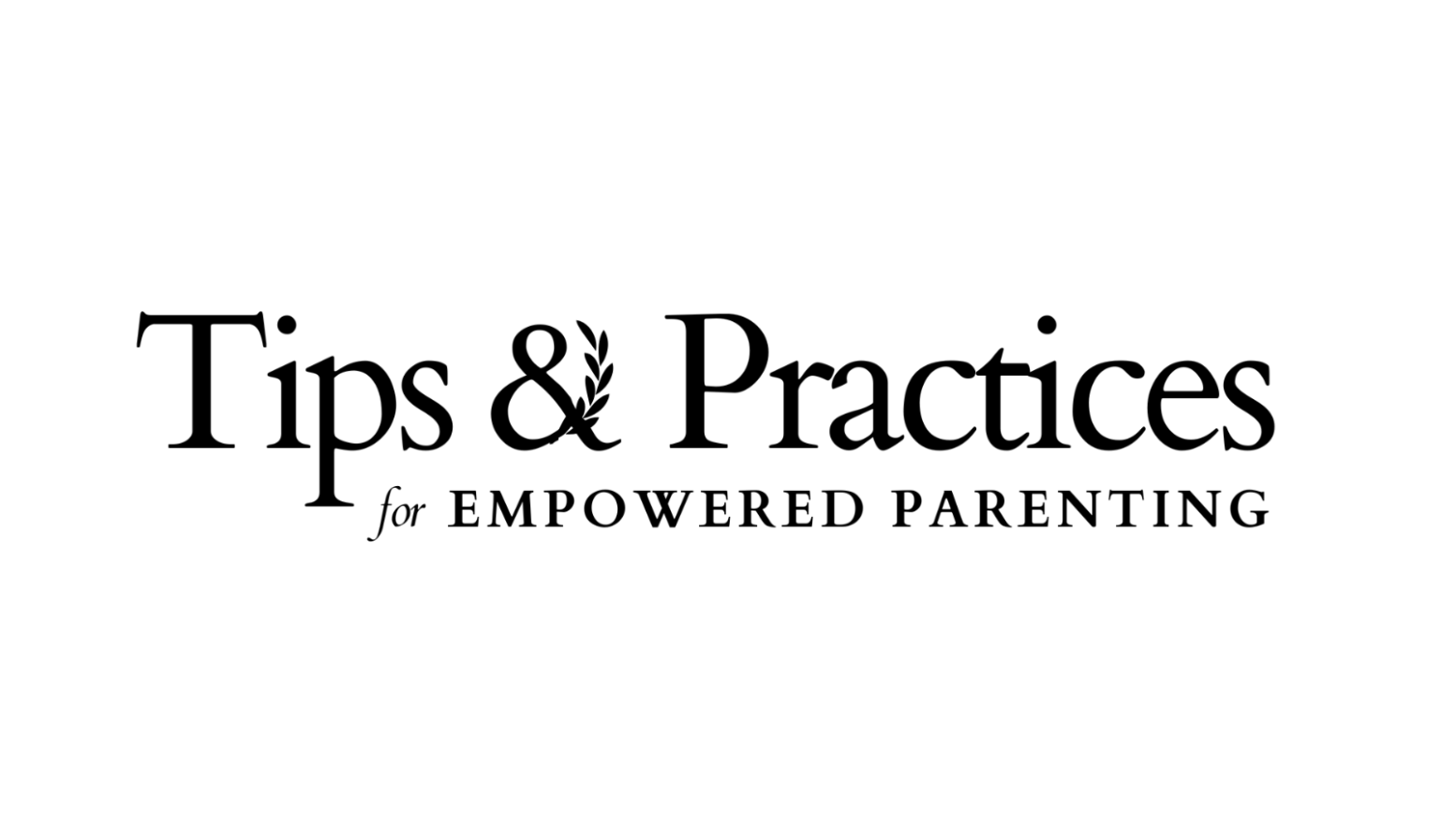
Have you ever tried to offer empathy… and it just didn’t land? You said something kind, hoping it would help. But your child got more upset, turned away, or raised their voice. Suddenly, you’re left wondering: “I was trying to connect?!? Why didn’t it work?!?” Here’s the thing: empathy is powerful. But only when it’s real. Sometimes, we’re not in a place to offer real empathy. We’re triggered. We’re judging. We’re desperate for the moment to shift. We don’t actually feel empathy, but the pressure to be the “good” parent can turn it into a performance. And performative empathy has a hidden agenda: to make the moment okay, to stop the feelings from happening. That’s why it doesn’t land. It’s not really about them. It's about us. But real empathy? It has no agenda. It doesn’t rush or fix. It simply says: I see you. I get it. You make sense. Even if nothing changes. That’s what disarms the moment… not the “right” words, but the felt sense that you’re willing to stay in it with them.

Your child refuses. You repeat the request… louder. They yell. You threaten. They slam the door. Your body tightens. You feel angry. That little voice says: I’m failing. This is the spiral. And every parent has been here. In those moments, control feels like the only option. If they’d just comply… Right? But here’s the truth: control may bring short-term obedience, but it rarely builds long-term trust. The real shift isn’t in what you say next. It's in what you check inside.

Have you ever reacted to your child in a way that went against your values, and wondered, “Why did I do that?” It’s not because you’re failing. When our nervous system goes into fight, flight, or freeze, the part of our brain that holds empathy and choice goes offline. Survival takes over. That’s why change isn’t about “trying harder.” It’s about learning to anchor ourselves when we’re triggered so we can return to presence and model regulation for our kids.
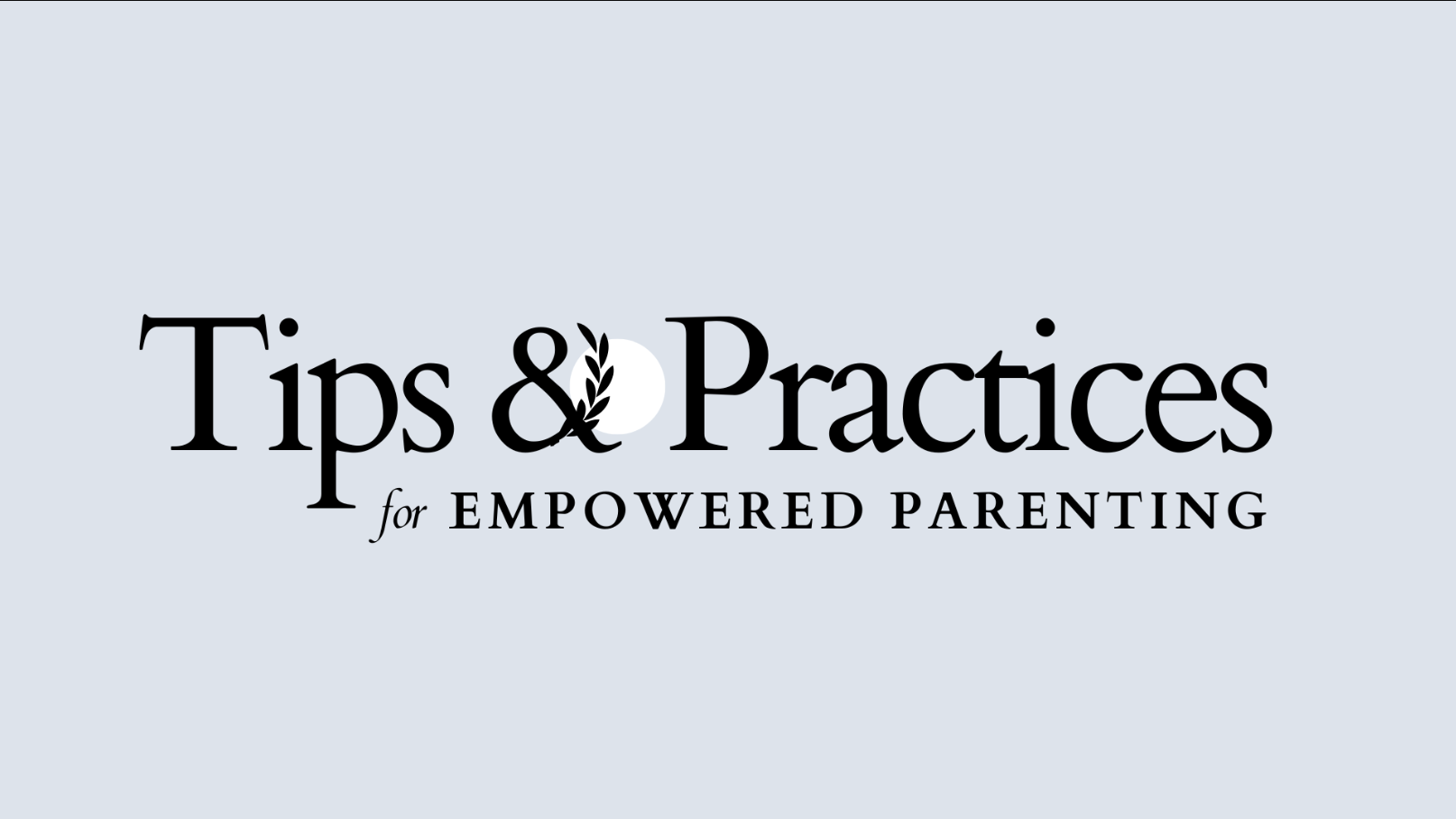
We live in a world obsessed with behavior. Parents are told: If your child is well-behaved, you’re succeeding. If not, you’re failing. But here’s the truth… Behavior is only the tip of the iceberg. Beneath it lies a much richer story… the why behind our children’s actions. Every challenging behavior (in kids or adults) has roots in feelings, needs, beliefs, and nervous system patterns. It carries the imprint of a whole life history, shaping how someone perceives and reacts to a moment. When we stop at the surface and try to control behavior, we miss the chance to connect. We miss the chance to teach our children how to express what’s underneath in ways that help them feel seen, supported, and safe.
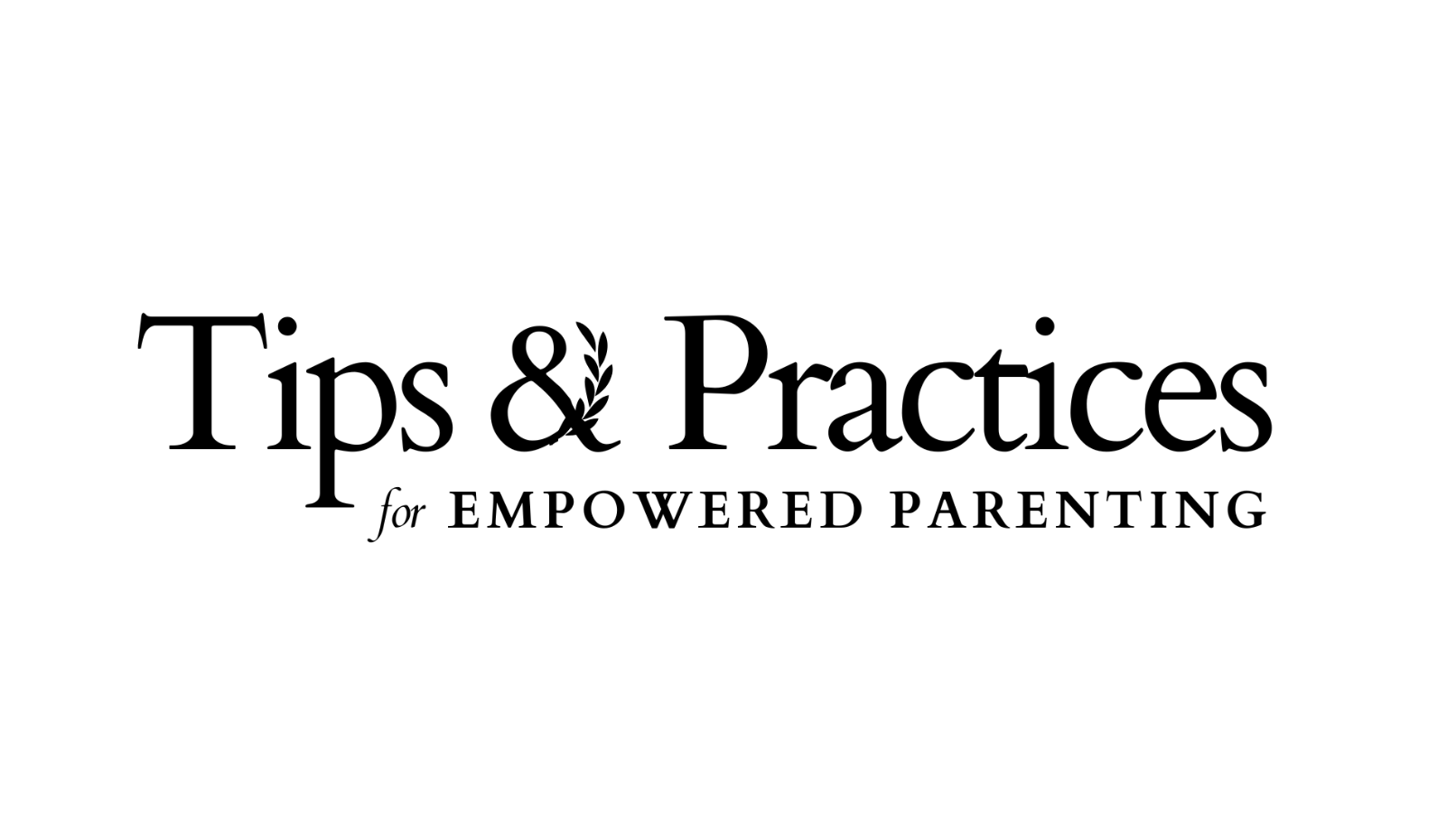
Did you know our brains are wired to pay more attention to the negative than the positive? It’s called Negativity Bias . For our ancestors, this was essential: noticing the rustle in the bushes that might signal danger mattered more than noticing a beautiful sunset. Helpful for survival? Absolutely. But in modern life, especially in parenting, this bias makes it harder to see what’s good. Parenting gives us plenty of moments that feel hard, messy, or overwhelming. If we aren’t intentional, stress and struggle can become the only things we notice. That’s why practices that anchor us in presence and gratitude are so powerful. They retrain our brains to notice goodness, too. As Steve Maraboli says, “If you want to find happiness, find gratitude.” We often imagine happiness is waiting at some milestone: when the baby sleeps through the night, when the fighting stops, when life finally feels easier. But in truth, happiness grows from noticing the small glimmers of goodness already here. So dear parent… What can you celebrate today that’s going well in your family?

You’re not just raising your kids. You’re also raising the younger version of yourself who didn’t get what they needed. Think about it… Every stubborn “no,” every meltdown, every slammed door can feel like an echo from your own childhood. Sometimes those echoes sound like the words you wish someone had said to you. Other times, they mirror the moments you promised yourself you’d never repeat. That’s why parenting can feel so big sometimes. The challenging moments we face with our kids aren’t just about this moment. They’re tangled up with the past, with the experiences we carried forward from being kids ourselves. And here’s the beautiful part: That overlap is also a doorway. When we connect what we felt as a child to what our child is feeling now, we unlock more compassion, more empathy, and more room to respond the way we wish our parents had. Our own childhood becomes a map that can guide us to lead the moment differently than it was led for us. Over time, every hard moment becomes a chance to guide our kids and tend to the younger self inside us who needed something different.

Have you ever watched your child make a choice that made your stomach drop? Maybe they yelled at their sibling, “I hate you! I wish you were never born.” Maybe they hurt a friend on purpose because they were hurting inside. Or maybe they ignored a responsibility and got in trouble at school. In those moments, our first reaction is often to get triggered. This simply means our nervous system has been activated. It's automatic. When that happens, our bodies respond as if we’re in danger. The prefrontal cortex, the part of our brain responsible for slower thinking and intentionality, becomes less accessible, and we move into our emotional, reactive brain. From a survival standpoint, this makes sense. In the wild, we need that adrenaline to run or protect ourselves. But in parenting? That same nervous system response often leads us to react in ways that create disconnection and guilt. We yell. We grab for control. We punish. And while we may have good intentions… to “teach a lesson”... What kids actually learn from punishment and shame is not usually the deeper lesson we hope for. Yes, they may avoid the behavior next time, but they miss the chance to truly understand: Why they did what they did How to express themselves differently How to honor both their feelings and needs while making a better choice So, how do we help them learn that kind of lesson? We slow down. We get intentional. We practice being in relationship with our own nervous system. We look beneath the “bad behavior” to the feelings and needs driving it.

We talk so often about listening to our children. But what about listening to ourselves? What if our emotions, even the big, messy, inconvenient ones… Aren’t problems to fix, but messages to hear? Anger might be the part of you that longs to protect what matters. Grief is the part that remembers what you love. Fear, the one still learning how to feel safe. Even numbness has something to say: “I’m not ready yet. Please go slow.” At Jai, we believe all feelings are welcome. Not because they’re easy, but because each one carries wisdom. Our nervous system is wired to protect us based on our past. If we were taught as children that it wasn’t safe to feel, it makes sense that it still feels hard to feel now. But when we soften our defenses and stop trying to manage our emotions, we begin to hear them. There’s no such thing as a “bad” feeling. There are only feelings. Waiting to be felt.
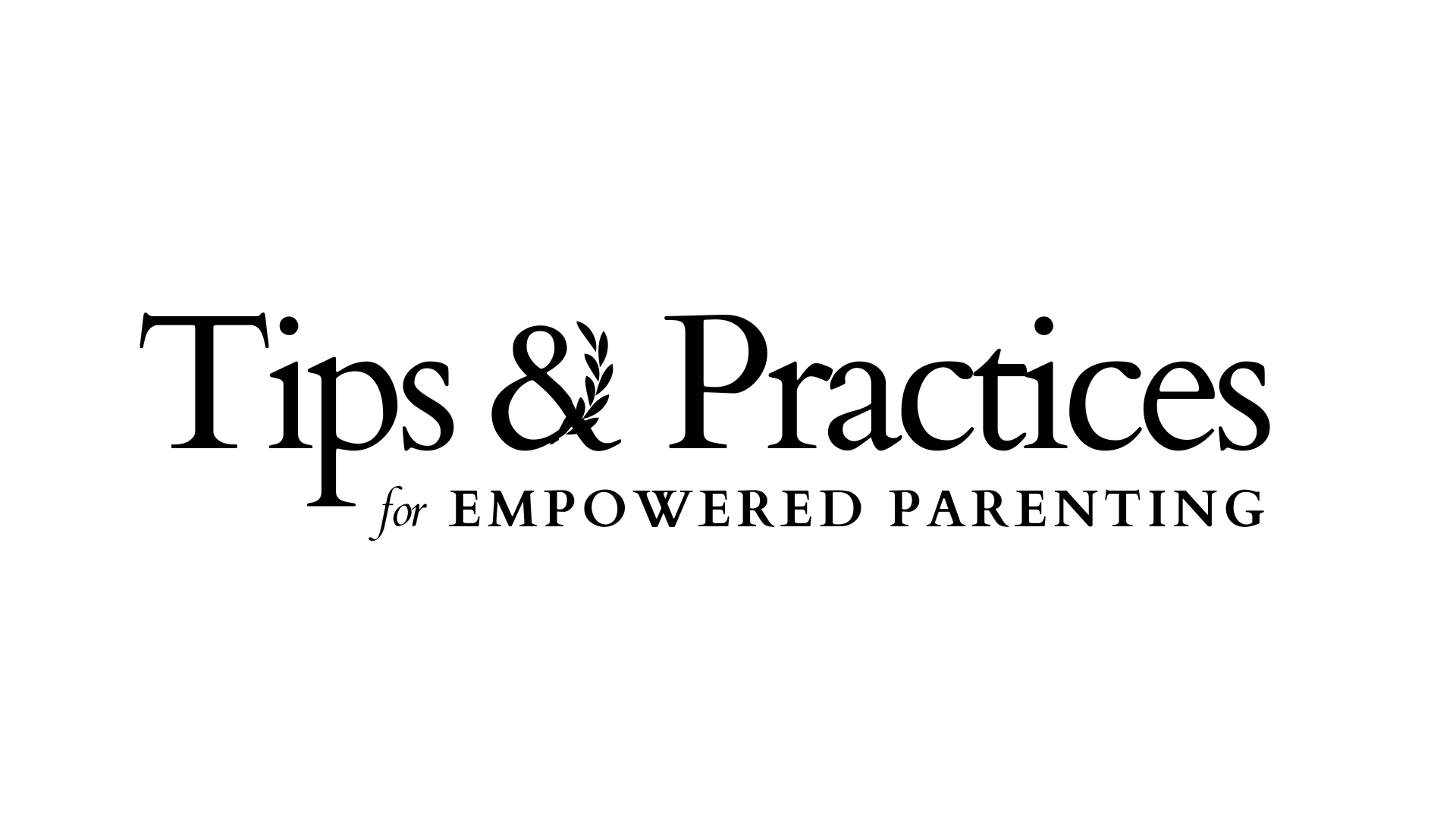
Parenting is often thought of as a choice between two options: we’re either in charge or we are permissive. We either lay down the law, or we let it go. It’s easy to fall into the trap of swinging between power over and permissiveness , especially when we’re exhausted or unsure. But there’s another way. It’s a middle path… One that holds both leadership and connection at the center. Here at Jai, we call it the Empowered Parenting path. This middle path isn’t always tidy and clear. It requires us to slow down, step out of urgency, and listen for what the moment is asking of us. It invites us to lead with creativity, not just control. To hold the container without gripping it too tightly. And to let our children relax into our presence, not our power.
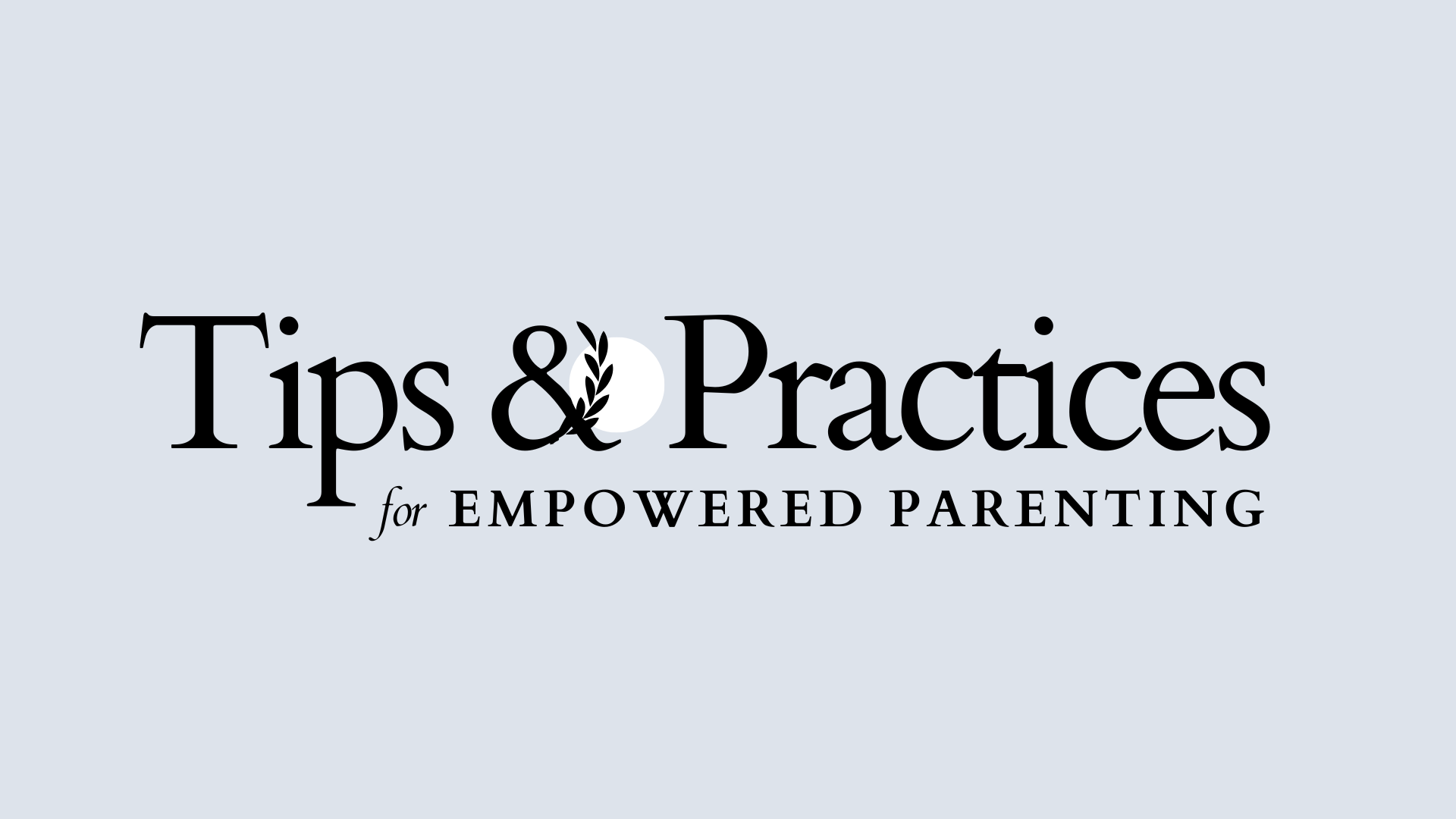
We’ve all been there… That moment when your child refuses to do what you ask. Maybe they blatantly ignore you. Maybe they stare right at you while doing the exact opposite. You feel your emotional temperature rising. And what do you reach for? Control. Cue the threats, shame tactics, judgments, and fiery tone of voice: “If you don’t do what I say right now, then…” “Stop being like that!” “How could you do such a thing?” All signals that say, “ I’m in charge. I’m in control. Not you. ” And what happens next? Maybe your child folds – but the connection is gone. Or maybe they fight harder, pushing back with even more intensity. Either way, it’s a rupture. You both walk away a little more frayed. When we feel out of control, we try to control our children. It’s a protective impulse, rooted in fear. Deep breath. Rewiring these patterns isn’t easy. It takes work on every level – mindset, heart, and body (especially the nervous system).

























